Location:Indonesia with the case study of Jakarta Province, Medan City, and Tangerang City
Pillars:Sustainable Waste Management
List of materials reviews:
Keywords:packaging waste, plastic waste, waste management, waste actors, waste governance, waste management infrastructure
Project BackgroundWaste has been a global issue for a long time. In 2021, Indonesia produced 18.90 million tons of waste and 18.19% of which was plastic waste. For the past few years, plastic has become a serious hazard to the environment. Packaging is an integral and important part of the product supply chain, from the production stage to the consumption stage. Despite its increasing number, the circularity and recycling rate of packaging is still low. Post-consumption packaging materials that could be processed are mostly wasted or scattered. Well-managed packaging waste requires the participation of all parties. An important aspect that needs to be considered is to know the current baseline of packaging waste management.
Aims and ObjectivesThis study aims to understand the existing practice and various policies and regulations around the management system of packaging waste, especially plastic, in three cities of Indonesia as case study (Jakarta, Medan, Tangerang).
MethodologyThe project will implement both primary and secondary data collection. The data collection will be conducted through:(1) desktop research and secondary data collection through related institutions(2) in-depth interviews with key informants
Drivers & Barriers in Plastic Packaging Waste ManagementPolicy & LegislationDrivers: Jakstranas to reduce waste by 30% by 2025, inclusion of waste management in Medium-Term Development Plan, the rise of circular economy modelsBarriers: lack of monitoring and implementation, no binding obligation and consequences of the existing policy, government’s low investmentEconomics and industryDrivers: using waste as resource, market creation through incentives, proper fundingBarriers: improper budget allocation in waste management, lack of incentives to support recycling industries, market competitiveness with virgin material manufacturersTechnologyDrivers: improving innovation in waste management technologies (e.g. PLTSa), emerging initiatives & startupsBarriers: low percentage of waste collection, limited recycling technologies for certain materials, lack of technical and financial capacitiesSocialDrivers: community-oriented initiatives, increased connectivity between households and recyclersBarriers: low awareness of waste sorting from the source, the habit of littering and open burning, missing link between stakeholders


